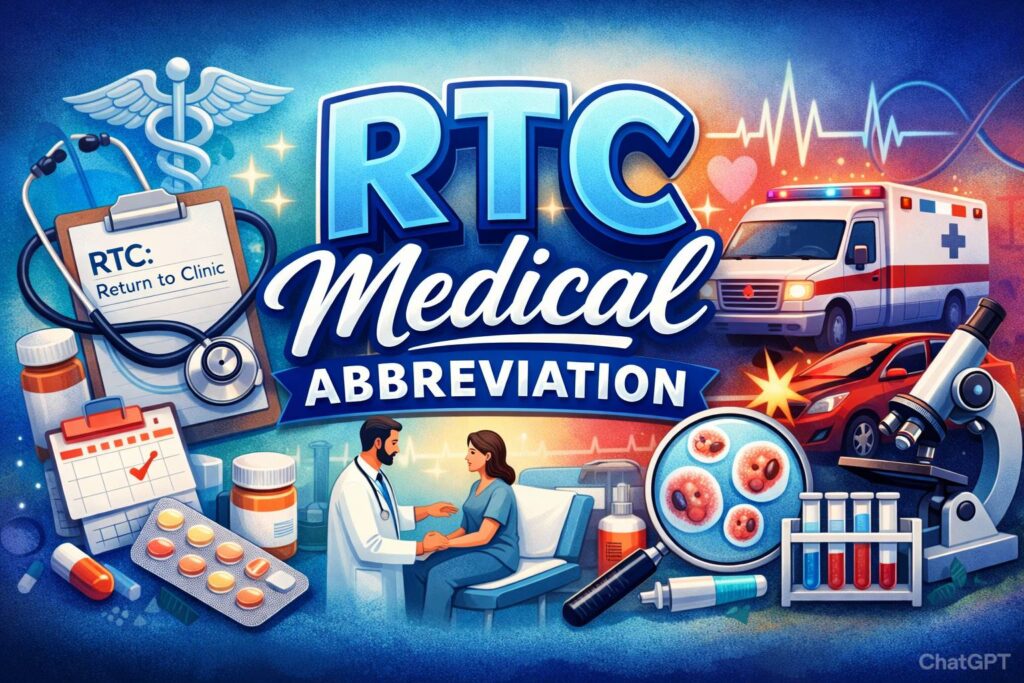Divorced Parents Pay for SAT Prep Courses: Solutions and Strategies

SAT prep courses are an important stepping stone for students aiming for higher education. They help improve test scores, increase college admission chances, and unlock scholarship opportunities. However, for divorced parents, navigating the financial responsibility of such expenses can be challenging. This guide provides an in-depth look at how divorced parents pay for SAT prep course expenses legally, financially, and practically.
Understanding the Legal Framework
1. Custody Agreements and Educational Expenses
In most divorce cases, custody agreements outline how parents will share the costs of their child’s education. These agreements may explicitly include expenses like SAT prep courses or broadly categorize them under “educational enrichment.” If the agreement is unclear, it’s essential to revisit the document and clarify expectations.
2. Court Involvement in Cost Sharing
When parents can’t agree on who pays for SAT prep, courts may step in. Judges consider factors like each parent’s financial capacity and the child’s educational needs. The guiding principle is the “best interest of the child,” ensuring that their education is not compromised due to parental disagreements.
Determining Financial Responsibility
1. How Costs Are Divided
- Equal Split (50/50): Parents may agree to share the costs equally.
- Proportional Split: Costs are divided based on each parent’s income, ensuring fairness if one earns significantly more than the other.
- Adjustments for Financial Hardship: If a parent faces unexpected financial difficulties, adjustments may be necessary.
2. Evaluating the Necessity of SAT Prep
SAT prep courses vary widely in cost, ranging from free resources to expensive private tutoring. Parents must assess the value and necessity of specific programs before committing to expenses. Exploring cost-effective options can help minimize conflicts.
Key Factors Influencing Decisions
1. Financial Stability of Parents
The financial situation of each parent plays a critical role. Courts and mediators often consider income levels, existing debts, and other obligations when deciding on cost-sharing arrangements.
2. Child’s Needs and Educational Goals
SAT prep is an investment in the child’s future. Parents should prioritize programs that align with their child’s goals and learning style. A collaborative approach ensures the child benefits without unnecessary financial strain.
3. Types of SAT Prep Programs
Costs can vary based on the type of program:
- Online Courses: Affordable and flexible options for students to study at their own pace.
- In-Person Classes: Structured programs with personalized guidance.
- Private Tutoring: The most expensive option but offers one-on-one attention for tailored learning.
Strategies for Conflict Resolution
1. Open Communication
Effective communication is key to avoiding disputes. Regular discussions about educational expenses can help parents stay on the same page. Using shared expense tracking apps can also improve transparency and accountability.
2. Mediation and Counseling
If disagreements arise, a mediator can help parents reach a fair resolution. Family counseling can refocus discussions on the child’s needs and foster better co-parenting dynamics.
3. Legal Recourse
When informal agreements fail, parents can seek legal intervention. Courts require documentation of program costs, financial records, and prior communication to make an informed decision.
Practical Tips for Divorced Parents
1. Plan Ahead
Include SAT prep costs in the child’s educational budget. Setting aside funds for these expenses well in advance can reduce financial stress and prevent last-minute disputes.
2. Explore Affordable Options
Research free or low-cost SAT prep resources, such as:
- Community programs.
- Free online courses and practice tests.
- School-provided prep classes or guidance counselor recommendations.
3. Involve the Child
Encouraging the child to participate in decision-making teaches responsibility and ensures the selected program meets their needs. They can help research options and understand the value of financial planning.
Benefits of Cooperation
- Reduced Stress for the Child Parental cooperation ensures the child can focus on their studies without being burdened by family conflicts. A united front provides emotional stability and support.
- Improved Educational Outcomes Investing in SAT prep increases the child’s chances of achieving higher scores, gaining college admission, and qualifying for scholarships. A well-prepared student is more likely to succeed academically.
- Strengthened Co-Parenting Relationships Working together on important decisions fosters a positive co-parenting relationship. It also sets a good example for the child, showing the importance of teamwork and compromise.
Addressing Common Concerns
1. What If One Parent Refuses to Pay?
If one parent refuses to contribute, the other can try negotiating or seek legal intervention. Document all communication and program-related costs to support your case in court.
2. How to Handle Unforeseen Financial Changes?
Unexpected changes like job loss or medical emergencies can impact financial agreements. Parents should communicate openly about these issues and consider temporary modifications.
3. What About Expenses for Other Siblings?
If there are other children in need of SAT prep or similar support, fairness must be maintained. Planning equitable financial arrangements for all children ensures no one is left behind.
Conclusion
SAT prep is an important investment in a child’s future, but divorced parents pay for SAT prep course expenses while navigating the complexities of shared financial responsibility. By understanding legal frameworks, exploring cost-effective options, and prioritizing open communication, parents can provide the necessary support without undue conflict. The ultimate goal is to work together to ensure the child’s success, both academically and emotionally.
Collaboration, planning, and a focus on the child’s best interests are the keys to achieving this goal effectively.
FAQs
Q1. Who decides if SAT prep costs are necessary?
A. Both parents should discuss and agree; if unresolved, courts may decide based on the child’s educational needs.
Q2. Can SAT prep expenses be legally enforced?
A. Yes, if included in a custody agreement or deemed essential by a court under “educational expenses.”
Q3. What if one parent can’t afford SAT prep costs?
A. Costs can be divided proportionally based on income, or parents can explore low-cost or free prep options.
Q4. Are SAT prep costs tax-deductible for parents?
A. Generally, SAT prep costs are not tax-deductible as they are considered personal education expenses.
Q5. How can parents avoid disputes over educational costs?
A. Regular communication, budgeting, and using shared expense tools can help maintain transparency and fairness.
Recommended Article:
Merced Mesothelioma Lawyer Vimeo: Expert Help for Asbestos Cases
Criminal Attorneys in Thailand with Offices in California: Navigating Cross-Border Legal Challenges
Santa Rosa Mesothelioma Lawyer Vimeo: Your Guide to Legal Support
Judge Steve Burgess Divorce Complaints and Grievances: Process and Insights






























































































































































































































































































































































































































































































































































































































